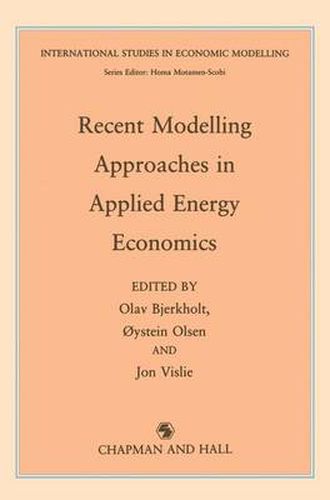Readings Newsletter
Become a Readings Member to make your shopping experience even easier.
Sign in or sign up for free!
You’re not far away from qualifying for FREE standard shipping within Australia
You’ve qualified for FREE standard shipping within Australia
The cart is loading…






This title is printed to order. This book may have been self-published. If so, we cannot guarantee the quality of the content. In the main most books will have gone through the editing process however some may not. We therefore suggest that you be aware of this before ordering this book. If in doubt check either the author or publisher’s details as we are unable to accept any returns unless they are faulty. Please contact us if you have any questions.
construction. Naturally, we are open to suggestions from all readers of, and contributors to, the series regarding its approach and content. Finally, I would like to thank all those who have helped the launch of this series. The encouraging response received from authors who have contributed the forthcoming volumes and from the subscribers to the series has indicated the need for such a publication. Homa Motamen-Scobi London December 1987 Preface In 1990 both OPEC and the OECD will celebrate their thirtieth anntvers aries. OPEC was founded - rather unnoticed - by oil-producing countries still struggling to gain control over national petroleum resources. Future members were still under colonial rule. The foremost aim of the new organization - years before it was able to make metropolitan newspaper headlines - was stabilizing oil prices. Stability in those days meant prevent ing oil prices from falling in real terms. The OECD was formed by mostly mature industrial economies marking the normalization of the postwar international economy after years of reconstruction, strict trade regulations, etc. The aim of the new organization was to promote ‘the highest sustainable growth and employment’ in member countries. Incidentally, 1960 was also the year which gave birth to a more loosely defined block in the world community, namely the underdeveloped countries, qS the African colonial empires finally broke up. The two organizations became adversaries in the 1970s in the power struggle over the energy flows of the world.
$9.00 standard shipping within Australia
FREE standard shipping within Australia for orders over $100.00
Express & International shipping calculated at checkout
This title is printed to order. This book may have been self-published. If so, we cannot guarantee the quality of the content. In the main most books will have gone through the editing process however some may not. We therefore suggest that you be aware of this before ordering this book. If in doubt check either the author or publisher’s details as we are unable to accept any returns unless they are faulty. Please contact us if you have any questions.
construction. Naturally, we are open to suggestions from all readers of, and contributors to, the series regarding its approach and content. Finally, I would like to thank all those who have helped the launch of this series. The encouraging response received from authors who have contributed the forthcoming volumes and from the subscribers to the series has indicated the need for such a publication. Homa Motamen-Scobi London December 1987 Preface In 1990 both OPEC and the OECD will celebrate their thirtieth anntvers aries. OPEC was founded - rather unnoticed - by oil-producing countries still struggling to gain control over national petroleum resources. Future members were still under colonial rule. The foremost aim of the new organization - years before it was able to make metropolitan newspaper headlines - was stabilizing oil prices. Stability in those days meant prevent ing oil prices from falling in real terms. The OECD was formed by mostly mature industrial economies marking the normalization of the postwar international economy after years of reconstruction, strict trade regulations, etc. The aim of the new organization was to promote ‘the highest sustainable growth and employment’ in member countries. Incidentally, 1960 was also the year which gave birth to a more loosely defined block in the world community, namely the underdeveloped countries, qS the African colonial empires finally broke up. The two organizations became adversaries in the 1970s in the power struggle over the energy flows of the world.